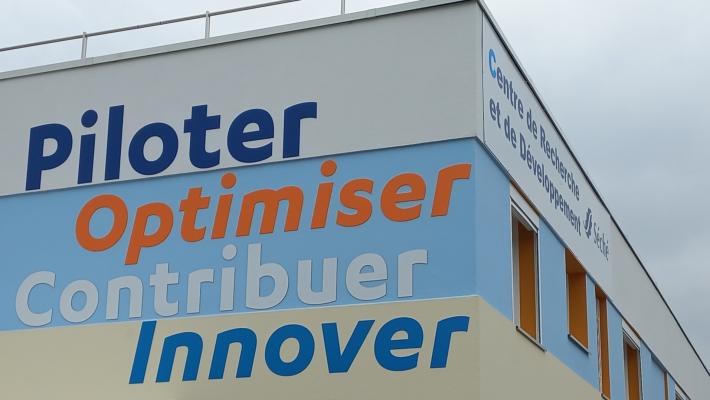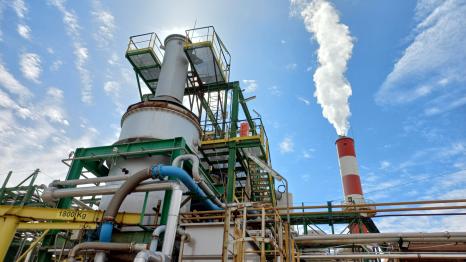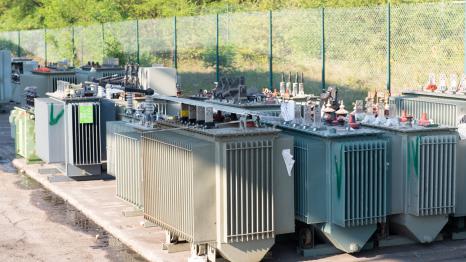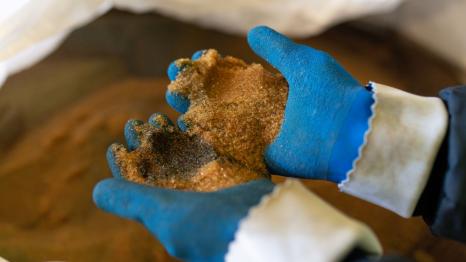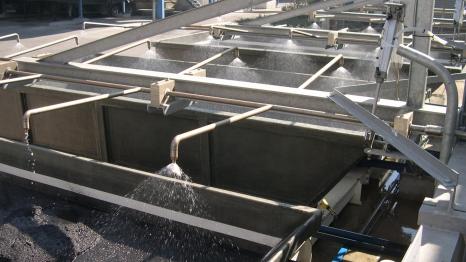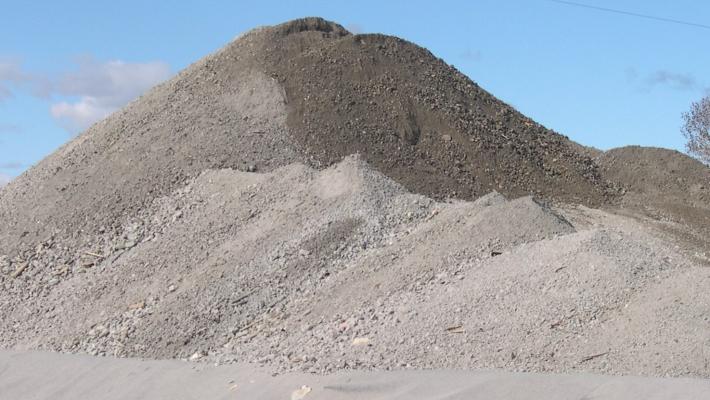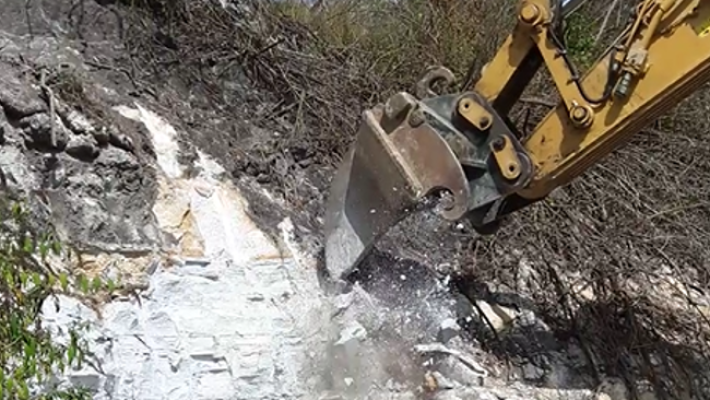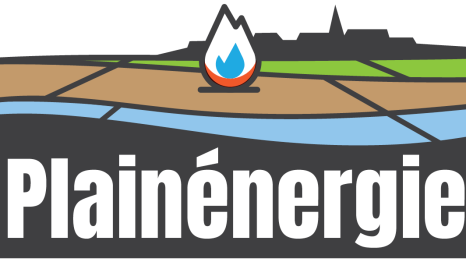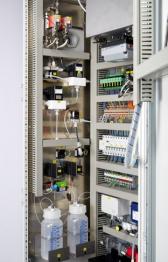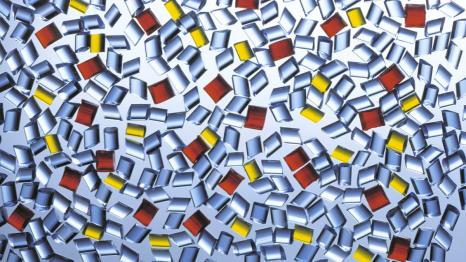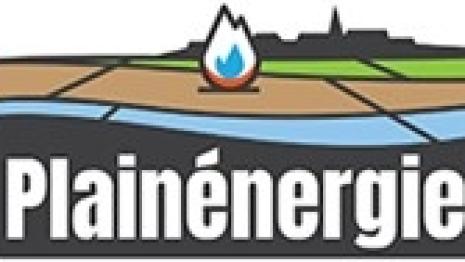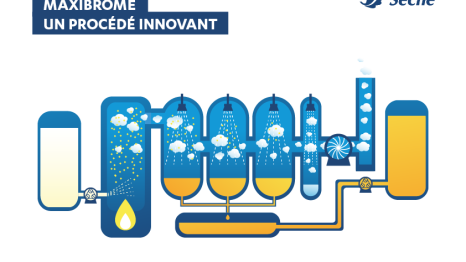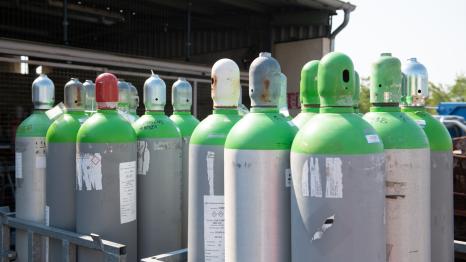Innovating and uncovering new sources of value
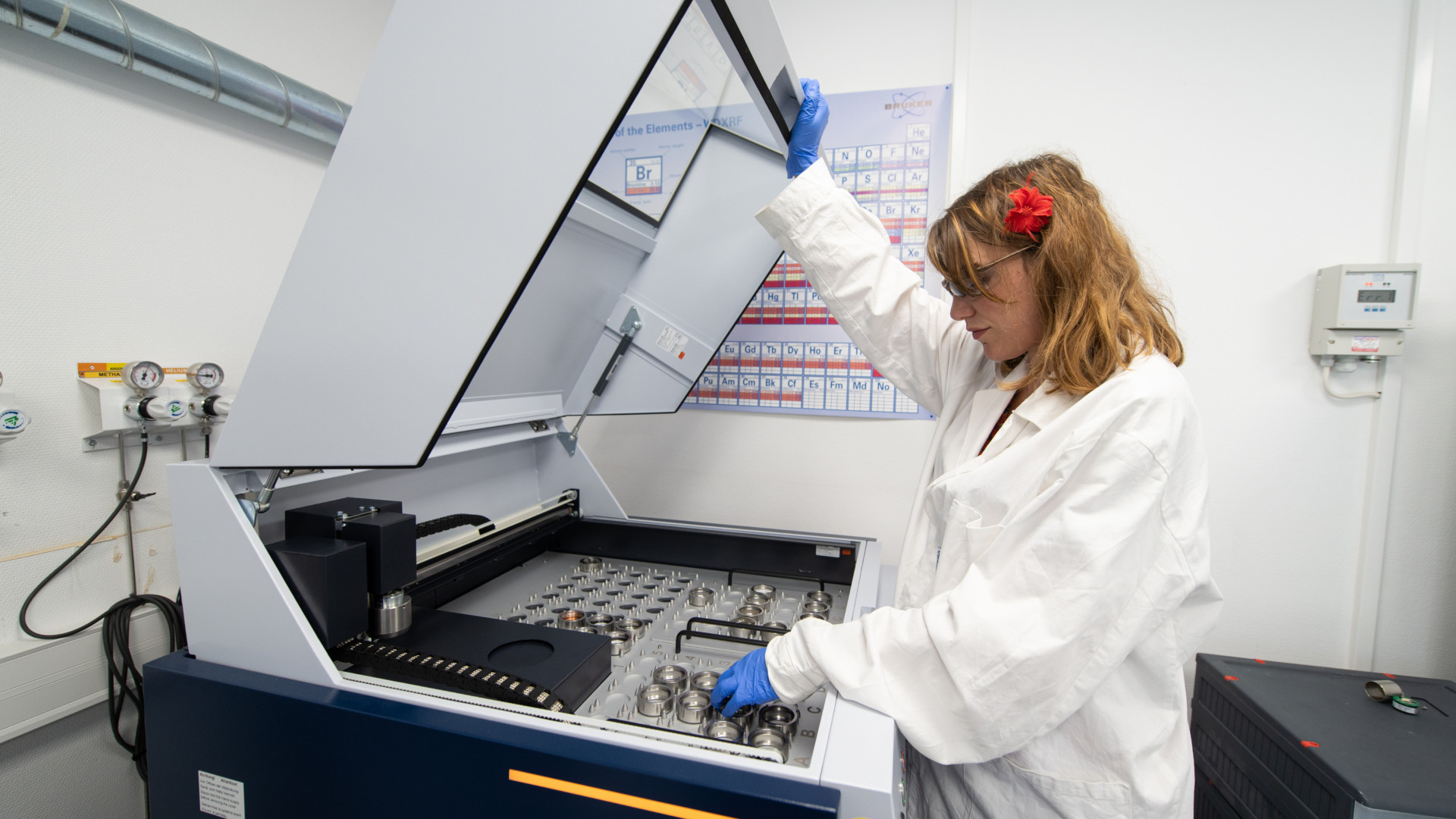
Our R&D in figures
INDUSTRIAL IMPACT
~5% of consolidated revenue
directly or indirectly generated by our R&D efforts
SCIENTIFIC IMPACT
50 publications
and scientific articles
INTELLECTUAL PROPERTY
24 patents
currently valid
PRIZES AND AWARDS
5
honorable distinctions
News
What's new
Development
PLAINÉNERGIE announces the launch of the 2nd phase of its partnership to transform waste from the Plaine de l'Ain into renewable or low-carbon gas.
Development
MAXIBROME, Séché Environnement's innovative bromine regeneration process
Development
